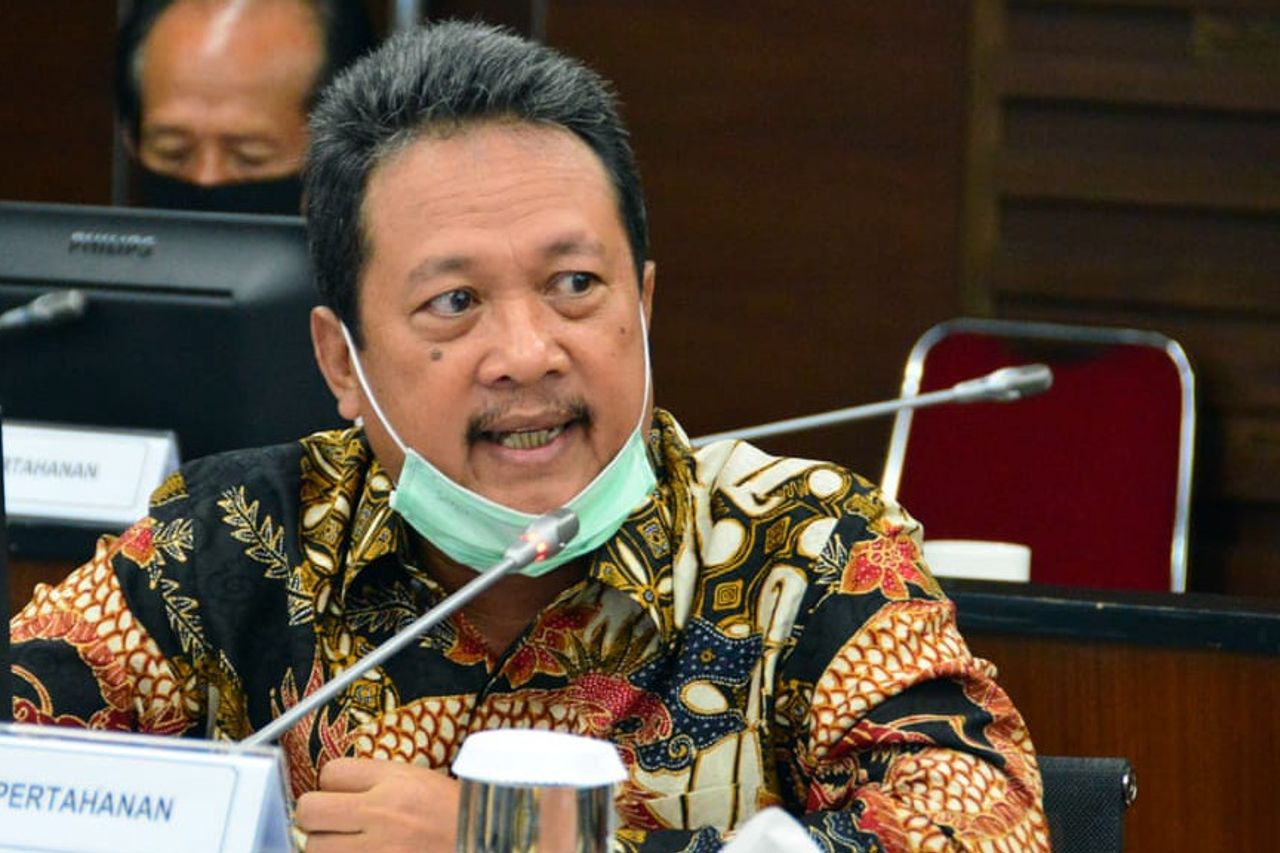Deputy Minister Of Defense: Have Weapons But Don't Have Food Reserves, Yes, Too Chaotic

JAKARTA - Deputy Minister of Defense (Wamenhan) Sakti Wahyu Trenggono said the strength of food security is not much different from the power of weapons. So, Indonesia should have adequate food reserves, especially in the face of the COVID-19 pandemic as it is today.
Therefore, Trenggono said, the Ministry of Defense wanted to increase food security so that Indonesia would be ready in the event of a disease outbreak such as COVID-19. Moreover, COVID-19 not only has an impact on health, but also has an impact on national economic resilience, including food security.
"Learning from the history of war, if we have weapons without the power to reserve food, it will be messy too," said Wahyu in a written statement quoted on Wednesday, June 24.
In order to realize national food security, the Ministry of Defense continues to synergize with related agencies, including the Ministry of Public Works and Public Housing (PUPR), the Ministry of Agriculture, the Ministry of Forestry and Environment, and the Ministry of BUMN.
This cross-ministerial cooperation has one goal, namely to develop food estate areas in several places including Central Kalimantan. Trenggono explained, this food estate needs to be built so that food crops can be developed.
"We must have food reserves and have permanent land for food crops to be developed. So the land cannot change its function," he said.
Later, there are three main food crops that must be developed in order to meet national food security. These plants are rice, corn and cassava plants.
"The three plants, if implemented with adequate land, will be very meaningful to support economic growth," said Trenggono.
He explained that the government did not only plant rice to produce rice as a staple food. Because, there are many other plants that are easier and produce a lot. The plants in question are cassava and corn plants.
According to him, besides the results can be used by humans, the remaining two plants are still used to support cattle.
"Imagine that the derivatives are extraordinary if we run them. For example, for corn and cassava, in addition, it can be continued with cattle," he concluded.


